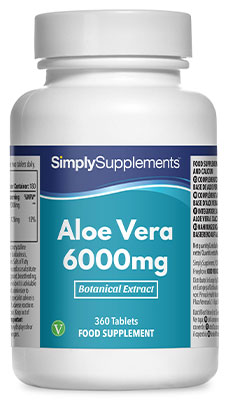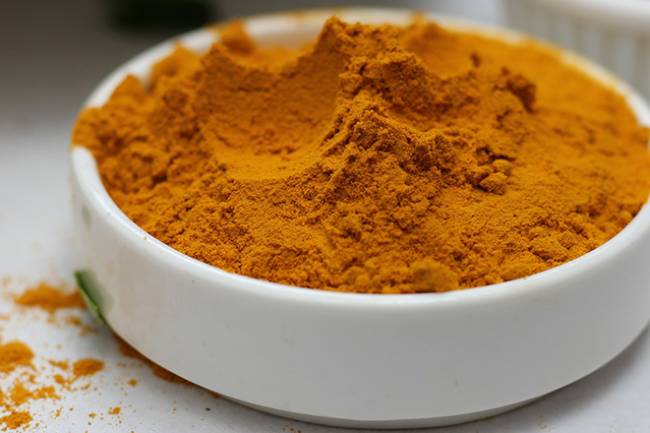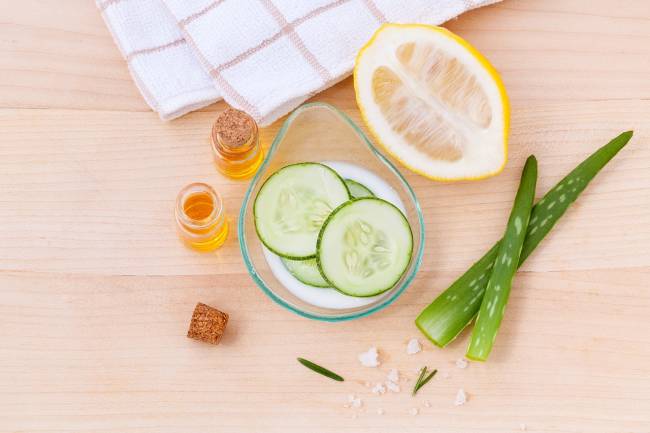Health Benefits of Aloe Vera

Aloe vera is a world renowned plant that can usually be found in tropical environments around the globe. Aloe vera has been used topically for years to help sooth burns and irritation. However, recent advancements in manufacturing procedures have made it possible to produce aloe vera supplements that can be orally ingested. The ingestion of Aloe Vera has been long sought-after, as the plant is packed full of vitamins, minerals and amino acids.
Aloe vera supplements will either contain aloe gel or aloe latex (also known as aloin) or a mixture. The gel, which is taken from the leaves found in the inner section of the plant, is translucent and jelly-like. The latex originates from underneath the plants skin and has a yellow colour.
What Are the Benefits of Aloe Vera?
Aloe vera skin creams are popular for hydration and skin smoothing.In the coming years, it is hoped that there is more research conducted into aloe vera provision. However, for now, here are some of the benefits aloe vera is thought to possess.
Skin Soothing
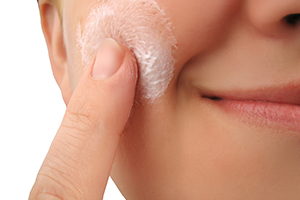 Aloe vera creams have been used for years to exert a soothing effect on the skin. Included in aloe vera’s rich nutrient profile is the presence of vitamins C & E, which are important for skin health. Aloe vera when applied topically is also thought to contribute to the hydration of skin, thus promoting skin which is smooth and healthy looking. Aloe vera creams are popularly used for sunburn, psoriasis, acne, herpes, dry skin and wound healing.
Aloe vera creams have been used for years to exert a soothing effect on the skin. Included in aloe vera’s rich nutrient profile is the presence of vitamins C & E, which are important for skin health. Aloe vera when applied topically is also thought to contribute to the hydration of skin, thus promoting skin which is smooth and healthy looking. Aloe vera creams are popularly used for sunburn, psoriasis, acne, herpes, dry skin and wound healing.
Digestion
Although there is a lack of research into the digestive benefits of aloe vera, many people use it to calm their digestive tract and help with regular bowel movement.
Oral Health
There is also some promising evidence that aloe vera can improve oral health, namely the severity and duration of mouth ulcers/canker sores, which result in substantial discomfort. There is also currently no alternative treatment for mouth ulcers and sores.
One double-blind study found that in 40 patients, the topical administration of aloe vera gel significantly reduced the healing time of ulcers and also reduced the patients perceived pain rating and the surrounding inflammation.
Nutrient Availability
Aloe vera may be an effective supplement for increasing the body’s availability of certain essential nutrients. One scientific investigation published in the journal of Phytomedicine in 2005 found that both an aloe vera gel and aloe vera whole leaf extract significantly increased the bioavailability (the bodies supply) of vitamin C and vitamin E.
Vitamin C is involved in many roles in the body. One of the main actions of vitamin C is collagen formation to which contributes to bone, skin, gum, teeth, joint cartilage and blood vessel health. Vitamin C, which is also known as ascorbic acid, is equally important for fatigue reduction, iron absorption and the optimal functioning of immune, nerve and psychological function. Vitamin C is also a water-soluble vitamin meaning that the body cannot store it. As a result, our body needs a rich supply of this nutrient daily to promote optimal health.
Vitamin E also has a number of roles, but most importantly, like vitamin C it is an antioxidant meaning that these nutrients help protect our cells from oxidative stress.
So all in all, increasing the availability of these important nutrients will likely be beneficial to health. Another positive of aloe vera!
Weight Loss
Research published in 2013 from a university in South Korea found that in 136 diabetic or pre diabetic men, twice daily ingestion of an aloe vera supplement containing 147mg of aloe gel led to a significantly greater weight loss and fat loss when compared to placebo.
Anti-inflammatory
Aloe vera has a huge number of potential health benefits.Situations such as poor diet, low physical activity levels, disease states and advancing age can all lead to increases in inflammatory markers in the body. The presence of high inflammation levels is thought to contribute to many diseases including cancer and heart disease that are ever present in the western world.
It is with good reason then that many people are looking at strategies to becalm inflammation in their body. Another proposed benefit of aloe vera has been its ability to reduce the number of inflammatory cytokines. Albeit in rodents, aloe vera provision has been shown to reduce inflammation levels which are a result of obesity and type II diabetes.
Metabolic Health
 Staying within the area of obesity and diabetes, aloe vera supplementation is thought to also influence our metabolic state. A study published in Nutrients investigated the very question of whether oral aloe vera supplementation could improve metabolic health.
Staying within the area of obesity and diabetes, aloe vera supplementation is thought to also influence our metabolic state. A study published in Nutrients investigated the very question of whether oral aloe vera supplementation could improve metabolic health.
This study found evidence to suggest that in diabetics and pre-diabetics, aloe vera supplementation has the ability to reduce fasting blood glucose levels. In addition, levels of glycosylated haemoglobin (HbA1c), which provides information of average blood sugar readings over the last 4-6 weeks, also showed reductions. This suggests that aloe vera may have a role to play in the ongoing treatment of insulin resistance. Equally as impressive was that the researchers found evidence of improved blood lipid profiles, as triglycerides and LDL (‘bad’) cholesterol was lowered and HDL (‘good’) cholesterol was elevated.
What is also noteworthy is that this study was a meta-analysis (a large study that pools together data of several studies) of randomised control trials, which is widely regarded as the gold standard of scientific evidence. It is important to note though that a meta-analysis is only as strong as the studies it includes, and as aloe vera supplementation has not been researched heavily only five studies were included. Due to this, the authors stressed the need for subsequent research with robust methodologies that not only looks into the benefits of aloe vera, but the safety as well.
That being said, preliminary evidence behind aloe vera is exciting and has led to many people choosing to supplement with this plant-based product.
How Much Aloe Vera Should I Take?
Unfortunately like many plant-based nutrients, research studies use various parts of the plants which contain differing amounts of the active compounds that exert beneficial effects. For example, some of the research into aloe vera has used the gel, whereas other studies have utilised the latex or a product with a blend of the two. This issue is compounded by the relative lack of research into aloe vera supplementation, especially into its safety, meaning that an optimal dosage is difficult to provide at this time.
That being said, most research in humans has seen success for weight-loss, metabolic and digestive health using 100-500mg of aloe gel taken orally per day. Doses up to 1500mg have also been used in one investigation without side effects.
For topical application, a 50% aloe vera gel has been applied twice daily alongside prescription creams for treating acne in both adults and children. For treating burns, shallow cuts, psoriasis and herpes, a cream as weak as 0.5% aloe gel has been applied multiple times daily.
Are There Any Side Effects of Aloe Vera?
Before undergoing any supplement regime it is important to understand if there are any side effects to the nutrient and whether it could interact with an ongoing health concern.
With regards to aloe vera gel, this product is likely to be safe when taken orally or applied topically in the doses recommended.
With regards to aloe vera latex or leaf extract, there have been multiple published scientific reports of liver damage from daily doses in the range of 250-500mg per day. All of these reports have been in women over 40 years old. Although the precise mechanism behind the damage is yet to be determined, the occurrence of this seems rare. It must also be noted that once supplementation with aloe vera was stopped in these women, markers of stress on the liver were reduced to normal values within a few months.
It is recommended that to avoid adverse effects, people should also avoid aloe latex if they suffer from gastrointestinal issues (Crohn’s, ulcerative colitis etc), kidney problems or haemorrhoids. Diabetics are also warned about aloe vera supplementation as this could lower blood sugar, meaning medication may need to be altered. If diabetics do want to take aloe supplements, it is recommended they regularly monitor their blood sugar levels.
Aloe vera latex is also thought to have major interactions with digoxin (lanoxin) which is a used to treat heart conditions. As aloe vera is a natural laxative, this often reduces the body’s potassium stores which are of critical importance for the normal functioning of the cardiac muscles.
Due to there being a lack of research into the safety of oral aloe vera ingestion (gel or latex), it is not recommended to be taken by pregnant woman or children. On the other hand, aloe vera gel is safe to be applied topically.
Summary
Aloe vera is a supplement that is growing in popularity due to exciting preliminary research that has suggested it has numerous potential roles in our body to maintain or promote health. Current findings suggest that aloe gel is a safer product than aloe latex, so make sure to request this information when looking for an aloe vera supplement.
To summarise...
- Aloe vera has been used topically for years, but recent advancements in manufacturing procedures have allowed for aloe vera to be ingested orally.
- The quantity of research into aloe vera is relatively low, but preliminary investigations have suggested that it could be influential in weight loss & metabolic health, inflammation reduction, nutrient absorption, digestion and oral and skin health.
- The lack of research into the safety of aloe vera means that a recommended dosage is difficult to provide, but most research has seen benefits from taking 100-500mg daily.
- Aloe vera gel appears to be both more effective and safer than aloe vera latex, so make sure you buy a supplement that has no/low amounts of latex to avoid potential side effects and health complications.
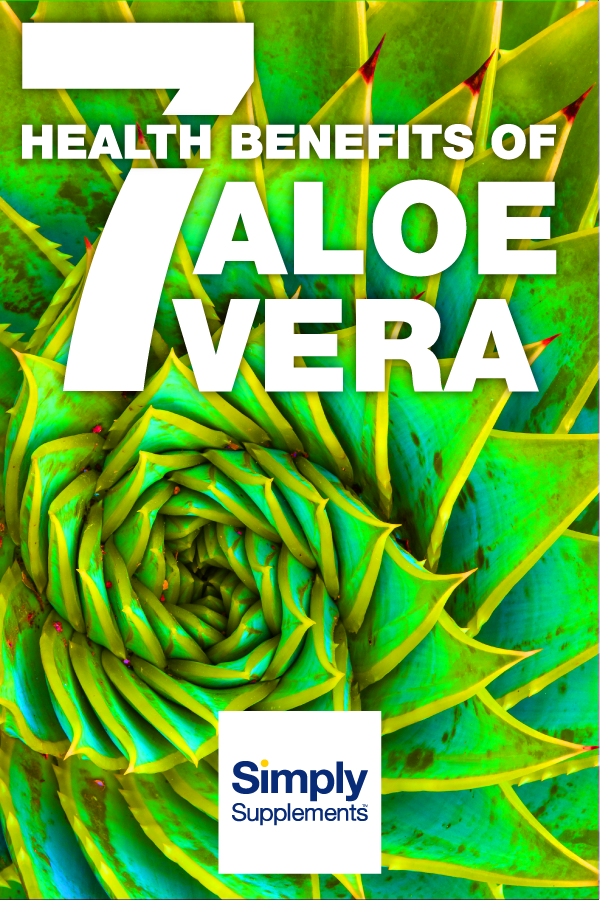
Sources:
https://www.ncbi.nlm.nih.gov/pubmed/23162576
https://www.ncbi.nlm.nih.gov/pubmed/16323295
https://www.ncbi.nlm.nih.gov/pubmed/27347994
https://www.ncbi.nlm.nih.gov/pubmed/21637388
https://www.ncbi.nlm.nih.gov/pubmed/12451482
http://www.sciencedirect.com/science/article/pii/S037887410200048X
https://www.ncbi.nlm.nih.gov/pubmed/23735317
https://www.ncbi.nlm.nih.gov/pubmed/23257938
https://www.ncbi.nlm.nih.gov/pubmed/20191055
https://www.ncbi.nlm.nih.gov/pubmed/17726067

 Nicole
Nicole 



